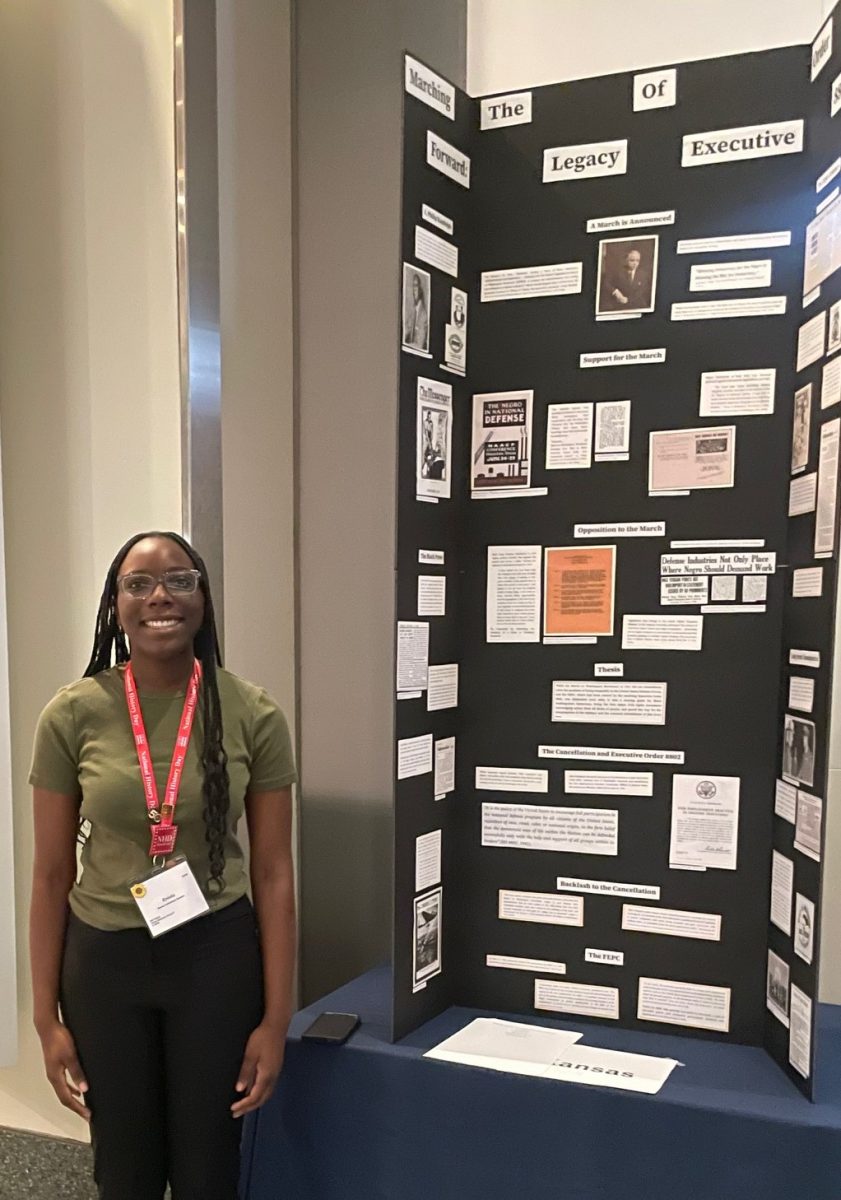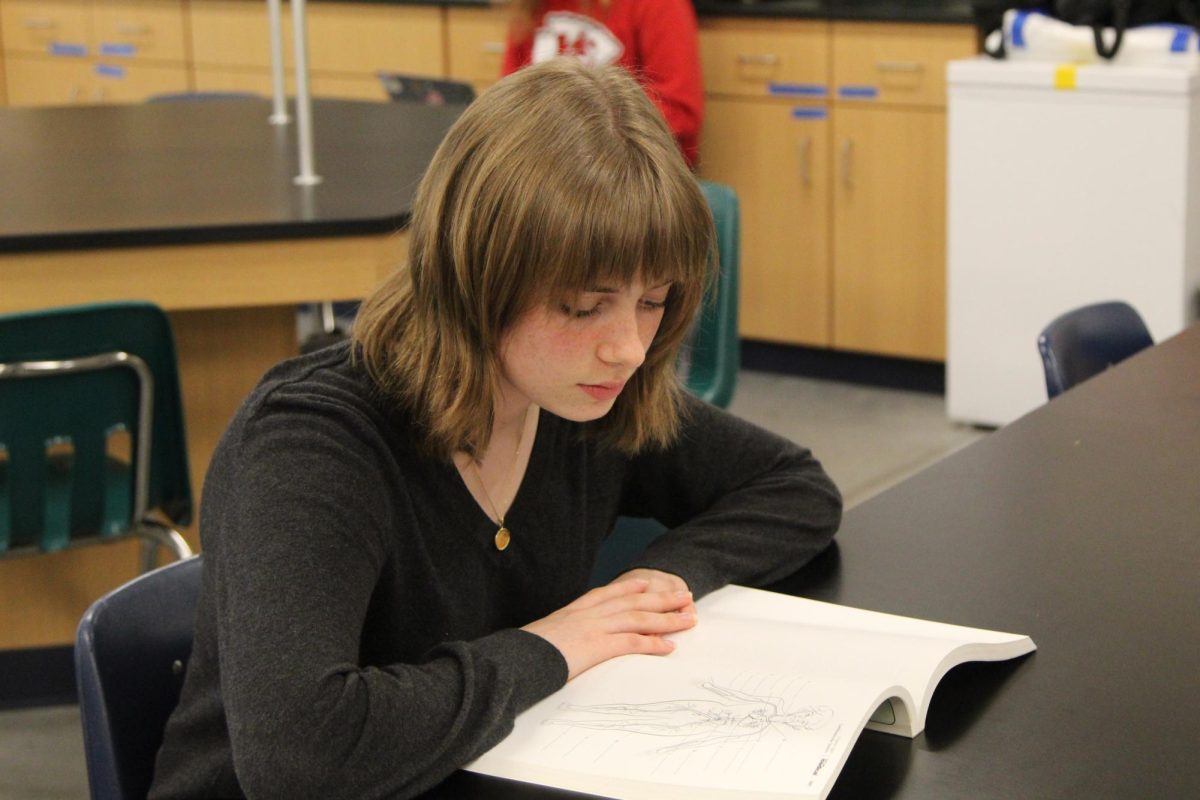Since the Hamas’ attack in Israel, news has overflowed the internet. In this situation, it is hard to know the truth or to decide on an opinion. Freshman Lucien Brockhoff says, “it’s confusing, and people don’t know what is actually going on.”
Similarly, sophomore Ben Patterson says, “there was a lot of confusion after the original invasion happened, and I’ve heard about a lot of the rumors about people being taken hostage. And it’s hard to tell what’s true.”
Obtaining information is certainly the crucial first step for understanding the conflict. And having some reliable news sources is crucial when rumors are spreading. Faculty member Sonja Czarnecki comments that “it’s really important to find two or three outlets … that you trust … there are right leaning and left leaning news outlets that still in their news reporting are trustworthy and reliable.”
Sixth grader Lily Weiss notes the importance of reading from other sources to check the dependability of your news. “You probably know it’s not reliable if it doesn’t match other information you found,” she says.
Regarding finding a reliable source, Patterson says, “I like to try and go to sources [with] rankings for how reliable they are … sources like ‘Reuters’ … that are supposed to be the least biased.”
Senior Hayden Slough shares that he uses “‘CNN, ‘The Wall Street Journal,’ and ‘New York Times,’” and he suggests people avoid “anything that usually has a large bias or doesn’t usually cover international events, like … ‘BuzzFeed.’”
Likewise, Brockhoff “usually [reads] newspapers, but [also] online websites like the ‘Washington Post’ and sometimes the ‘New York Times,’” and he avoids “news stories with catchy headlines that portray either side in a particular blurry way [while] the actual news story doesn’t have any substance.”
Czarnecki says, “A tip to choose a good place to look would be the ‘Ad Fontes Media’ Bias Chart; they rank the reliability of news outlets on a y-axis and the political partisan leaning on the x-axis. So you can see what’s in the middle at the apex, kind of above a wind.”
After having some dependable news sources, one can form an opinion based on what they know is true. Seventh grader Dani Peixoto reads news from “‘bbc.com,’” and she thinks “it’s just all really sucky everything that’s happening, because everybody’s a victim, [and] people [are] dying on both sides.”
Patterson also comments, “[It’s] really horrible. When I read the news, it’s hard to think who’s in the right. When I read about [them], I think about how it could be avoided … it seems like there’s just been a lot of wrongdoings that have led to the conflict.”
Peixoto thinks that understanding the news can help break misconceptions. “I’ve heard people on the internet [saying] Muslim people are just terrorists. And personally, I think that’s … generalizing people that have religious beliefs … Somebody’s beliefs [do not] make them a terrorist,” she says.
Finally, Czarnecki comments on the importance of societal awareness. “A functioning democracy is predicated on the ability of citizens to have reliable information so they can make good decisions. And there is nothing more important right now in our culture than to be able to understand the ways that we are constantly being manipulated by the media. Even if you [are] very digitally literate and informed, [you can] still be susceptible to emotional appeals and confirmation bias. All the things that have made our society increasingly polarized and have made it harder to have civil discourse.”

